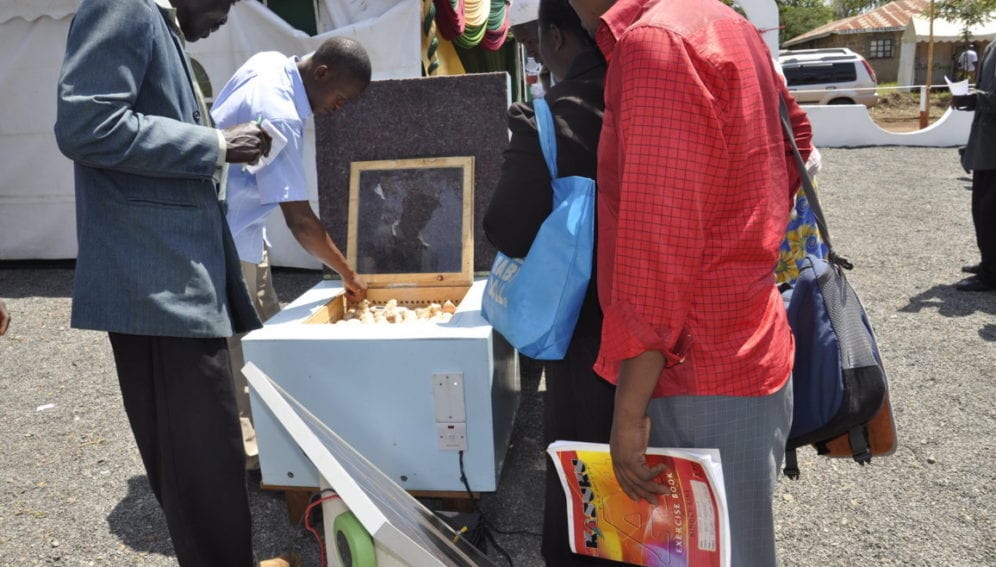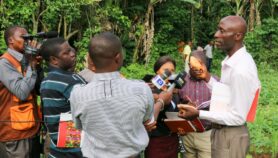By: Alberto Leny
Send to a friend
The details you provide on this page will not be used to send unsolicited email, and will not be sold to a 3rd party. See privacy policy.
[NAIROBI] Researchers should bridge the gap between research uptake and policy implementation for the benefit of end users at the community level, a symposium has heard.
The ResUp MeetUp Symposium and Training Exchange that was held in Kenya last week (9-12 February) involved presentations by experts, who discussed research uptake and the role of evidence in policymaking, especially in Sub-Saharan Africa.
“Researchers are suffering [and] wondering why their work is not being used. Policymakers are wondering why they are not getting research … and the community is suffering because these two … are not working.”
James Nyikal, Parliament of Kenya.
Speakers at the symposium asked researchers to come up with solutions on how to address barriers to research uptake.
The symposium was organised by the UK government’s Department for International Development (DFID) in collaboration with the African Institute for Development Policy (AFIDEP) in Kenya, UK-headquartered Quaternary Consulting Ltd and the London-based Institute of Development Studies.
Addressing the symposium from the perspective of a policymaker, James Nyikal, a Kenyan parliamentarian and a former director of medical services in Kenya, dwelt on the challenge of using research in government institutions in relation to policy legislation and formulation.
Nyikal told participants: “Researchers are suffering [and] wondering why their work is not being used. Policymakers are wondering why they are not getting research … and the community is suffering because these two … are not working.
“Go back to the basics and address this difficulty, [and] perennial problem of the knowledge gap. Reduce the knowledge gap at the individual level, at the policy, institution and government levels and the knowledge gap on legislation and implementation.”
In a speech delivered at the symposium, Kenya’s director of medical services Nicholas Muraguri, observed that obstacles persist, which hinder Kenya’s Ministry of Health officials from using research evidence.
“Researchers are not packaging research findings in formats that we can easily take up and apply in our work. They do not disseminate their findings widely or hold regular dialogues with us on new findings, so that we keep abreast of all new research,” Muraguri adds, as he appeals for meaningful solutions to boost research evidence in decision-making.
Awuor Ponge, the director of research and policy evaluation at the Kenya-based African Policy Centre, commended the symposium for bringing together the two key actors — the researchers and the policymakers — to adopt innovative engagement mechanisms.
“It was good to note that evidence synthesis was universally agreed [by participants] as the gold standard for evidence that should inform policy formulation,” Ponge said.
This article has been produced by SciDev.Net's Sub-Saharan Africa desk.














